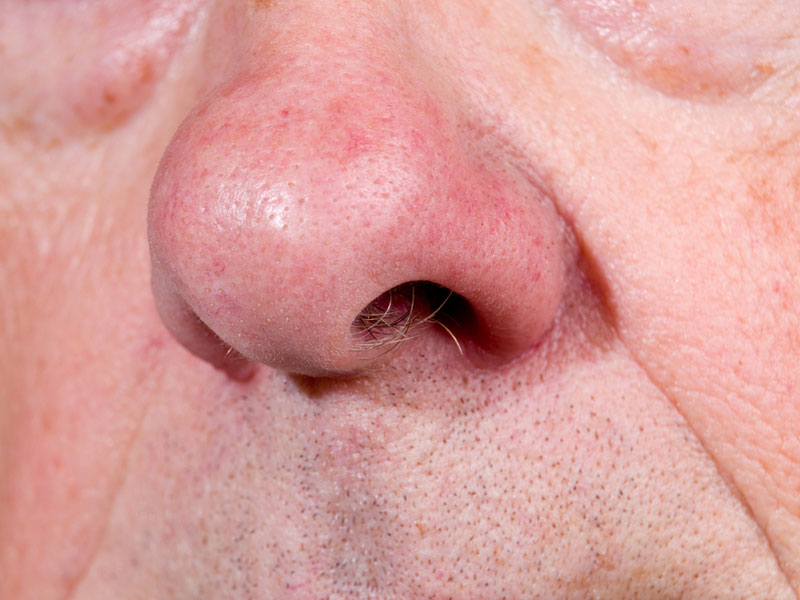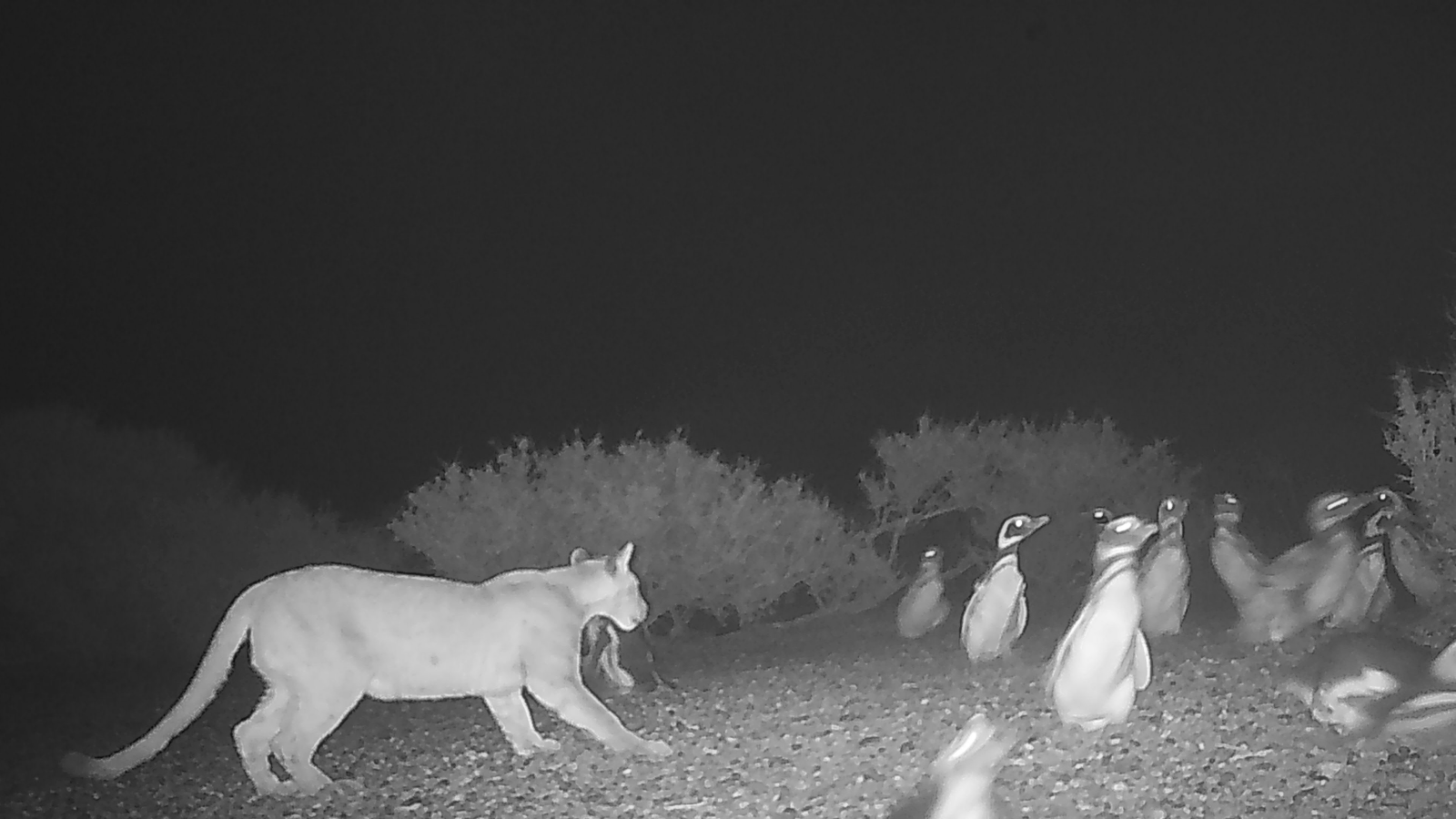Psychopaths Have Poor Sense of Smell, Study Finds

New research suggests we may be able to sniff out psychopaths by their poor scores on a smell test.
In the study, psychologists at Macquarie University in Australia tested the noses of more than 70 college-age participants, all without criminal records. The researchers had the subjects try to identify common odors (like orange, coffee and leather) and distinguish between different scents.
The participants then were given personality tests to check for their level of empathy and psychopathic tendencies. For example, the subjects were asked to rate on a 5-point scale how much they agreed with statements such as: "I purposely flatter people to get them on my side;" "People sometimes say that I'm cold-hearted;" and "I have broken into a building or vehicle in order to steal something or vandalize."
Psycopathy is a personality disorder marked by superficial charm, a lack of empathy and impulsive tendencies.
The researchers reported a correlation between a poorer sense of smell and psychopathic personality traits.
They say this makes sense because previous research has shown that people with such traits have decreased function in the brain's frontal lobes, a region associated with impulse control and acting in accordance with social norms — and dysfunction in that part of the brain is associated with an impaired sense of smell.
Criminal psychopaths' speech patterns can also give them away, according to research presented in 2011. When speaking of their crimes, psychopaths use less emotion and focus more on their basic needs than non-psychopaths, that research found.
Get the world’s most fascinating discoveries delivered straight to your inbox.
Psychopaths, believed to make up as much as 1 percent of the general population, may attempt to fake answers during psychological evaluations, so a measure of smelling ability could offer a helpful new way to detect psychopathic traits, the researchers said.
The study, led by Mehmet K. Mahmut and Richard J. Stevenson, was published recently in the journal Chemosensory Perception.



